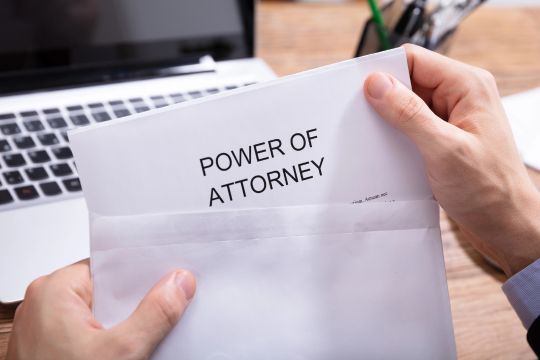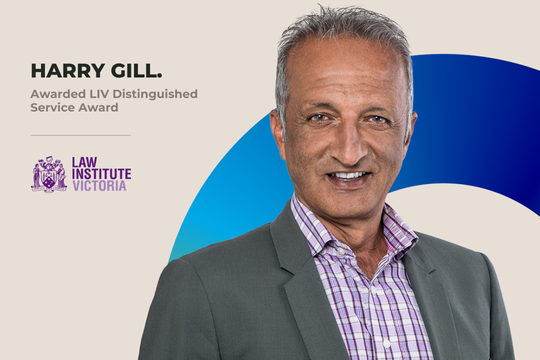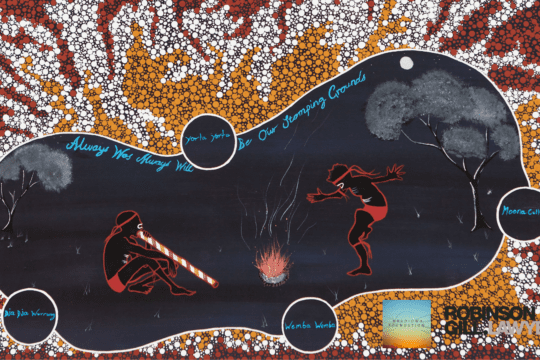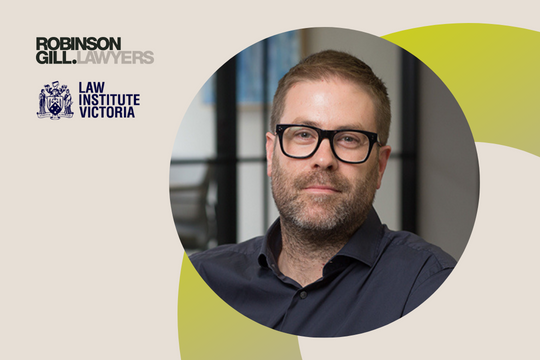ALLFIN: Your story sounds a bit like the movie “Pretty Woman”. What inspired you to become a lawyer, and how did you get started?
Lu: I first came to Australia from Shanghai at the age of 16. Back in China, I had always been a strong science student, and hadn’t really considered law as a career. I initially enrolled in the Engineering program at University of Melbourne - but the appeal of a legal career started to draw me in. I ended up doing my Bachelor of Law at the University of Melbourne, and the rest is history.
During my time at university, it seemed that Chinese students were at a bit of a disadvantage when it came to getting started. Law is a small world, and we simply didn’t have the same access to local connections to secure internship opportunities. So, when I graduated, I decided to do things independently, and opened my own immigration practice. Two years later, I qualified at the Australian bar, and got my first job working for a private firm as a personal assistant.
You obviously already had a lot of experience under your belt at that point. Did you find it frustrating to take on a role as a PA?
I didn’t really think about it at the time. Although I obviously wanted to be practising as a lawyer, I actually found that job really valuable. It allowed me to develop not only my practical understanding of the Australian legal system, but also my business management skills, which looking back I think was incredibly important.
Was it difficult starting out as a young woman in the industry? How did you prove yourself?
Things were definitely still pretty male-dominated at the time. After working for a couple of years as a PA, I was eventually taken on as a junior associate. Most of the lawyers that I worked for were men. However, quite early on, I was given the opportunity to work on a challenging case which definitely helped me to prove myself.
The client was a Chinese real estate developer who had just arrived in the country, and wasn’t familiar with the Australian legal system. I was only in my early thirties at the time, and the client was in his 60s. So I probably seemed very young and inexperienced to him! However, I was the only person in the firm at the time who spoke Chinese - so all of the communication on the matter ended up going through me.
The claim was an extremely complex commercial property dispute, worth tens of millions of dollars. My client’s business partner was trying to put the property in question up for auction. We had to apply for an urgent injunction at the High Court of Victoria - I only had two or three days to prepare all the documents and instruct two barristers across a lot of complex issues.
That’s a big ask so early in your career. What was the toughest thing about the case?
Although it was a huge undertaking, the whole thing only took over a month to resolve. We were often in court every other day, and at the end of every hearing there were a lot of strategic decisions to be made. We worked some very long days which often extended into the night. The other side finally gave in and agreed to settle - half an hour before the final hearing!
I think the hardest thing about it was winning my client’s trust. Even though all my advice came through counsel, in the early stages it took a lot to get the client to accept my direction. He asked a lot of questions, and it took a while to develop respect. It did take some tenacity and perseverance, but eventually he started to trust my judgement.
Achieving partnership at such a young age is an impressive achievement. How did that happen, and did you have any doubts about taking on such a big responsibility?
After I had worked as a litigator for 3 years, I applied to become an Accredited Specialist in Commercial Litigation in the State of Victoria. I remember that when I received the award, I was the only Chinese woman up on the stage.
Not long after that, at our annual Stafford meeting, the senior partner at Robinson Gill invited me to consider becoming a partner. I was extremely flattered, because I had been with the firm for less than 5 years at the time. Of course, I didn’t have to make that decision straight away. It ended up being a year between that conversation and the moment that I actually went ahead. It was a big life decision.
What was the most difficult part of transitioning into partnership?
Becoming a partner is a huge shift professionally. You have to be committed, and you really have to believe in the firm and be confident that it aligns with your values. That was extremely important for me. It took some time before I felt ready for that level of responsibility.
The strangest part of becoming a partner has definitely been my age. I am still relatively young - but 80 percent of the lawyers in my team are older than me, and many have been with the firm for a long time. So one of the toughest things at the start is to convince yourself, and others, that you are capable of the role. And how can I prove I am capable of this role? I think there are two key points:
The most important one is to respect my partners and colleagues. I believe that respect is the key and foundation of our communication.
Also I have to make more effort on this role, you find yourself arriving at the office earlier than everyone else, and being the last one to leave at the end of the day.
Although it’s pretty rare, the other main challenge is dealing with the fallout when things go wrong. For example, if there is a dispute over fees, that usually ends up being something that I have to deal with. Similarly, if a mistake has been made by a fee earner, you need to step in to resolve the situation.
Why did you choose to specialise in commercial litigation?
Litigation appealed to me because of the challenge. In my early career, I was doing a lot of non-contentious commercial law, including real estate work. When I qualified, I could have chosen to specialise in those areas. But there were not very many Chinese litigators in the market at that time, and I decided that it was my calling. I love the intensity of court work.
What do you think it takes to be an exceptional litigator?
It’s about strategy more than anything - being able to identify an opportunity, and then acting on it. For example, a really adept commercial litigator knows exactly when to apply for an asset freeze, or put in a request for additional disclosure to really increase pressure on the other side.
Getting it right when it comes to discovery can be the most critical element of litigation. Often, documents which are not initially disclosed end up being some of the most important evidence in the case. The civil procedure rules won’t tell you this stuff - you have to rely on your own experience and initiative. You’re always looking for opportunities to add weight to your client’s claim.
It’s pretty obvious that law can be a really high-stress profession. How do you deal with the pressure?
Being a lawyer is undoubtedly an intense job, and being a female brings its own challenges on top of that. It’s still not uncommon for me to be representing a client in a mediation session, and to be the only woman present at a table full of barristers and solicitors.
There was one mediation session in particular that I undertook for a Chinese client. It was a huge process which didn’t end until late into the evening. I definitely missed dinner that night! It was stressful, but that kind of situation really creates resilience. You just keep pushing yourself to get the negotiations over the line.
I think exercise is incredibly important to deal with stress and to relieve pressure. Sometimes I channel the frustrations of my job into my workouts - if I have just been dealing with a rude or unreasonable lawyer on the other side, I like to imagine them as my boxing opponent. After that, I usually feel much better!
What would be your advice for aspiring students who are interested in a legal career?
I believe that opportunity comes to those who prepare for it. Nowadays, there are so many temptations for ways to achieve “quick success”. But you cannot become a successful lawyer overnight. I think the key is to take every chance you can to further your knowledge. Little by little, one small success will become many, and those successes will start to become bigger - and before you know it, you’re miles from where you started.
I also think it’s incredibly important to surround yourself with people who share your values, and who encourage you to be better. The support I have had from my peers throughout my career has been incredible, and has really helped me push to be the best lawyer that I can.
Thank you, Lu, for sharing your experiences. It’s clear that it has taken real tenacity to get to where you are today. We hope that your story will serve as inspiration for younger women entering the profession - no matter where in the world they are!









